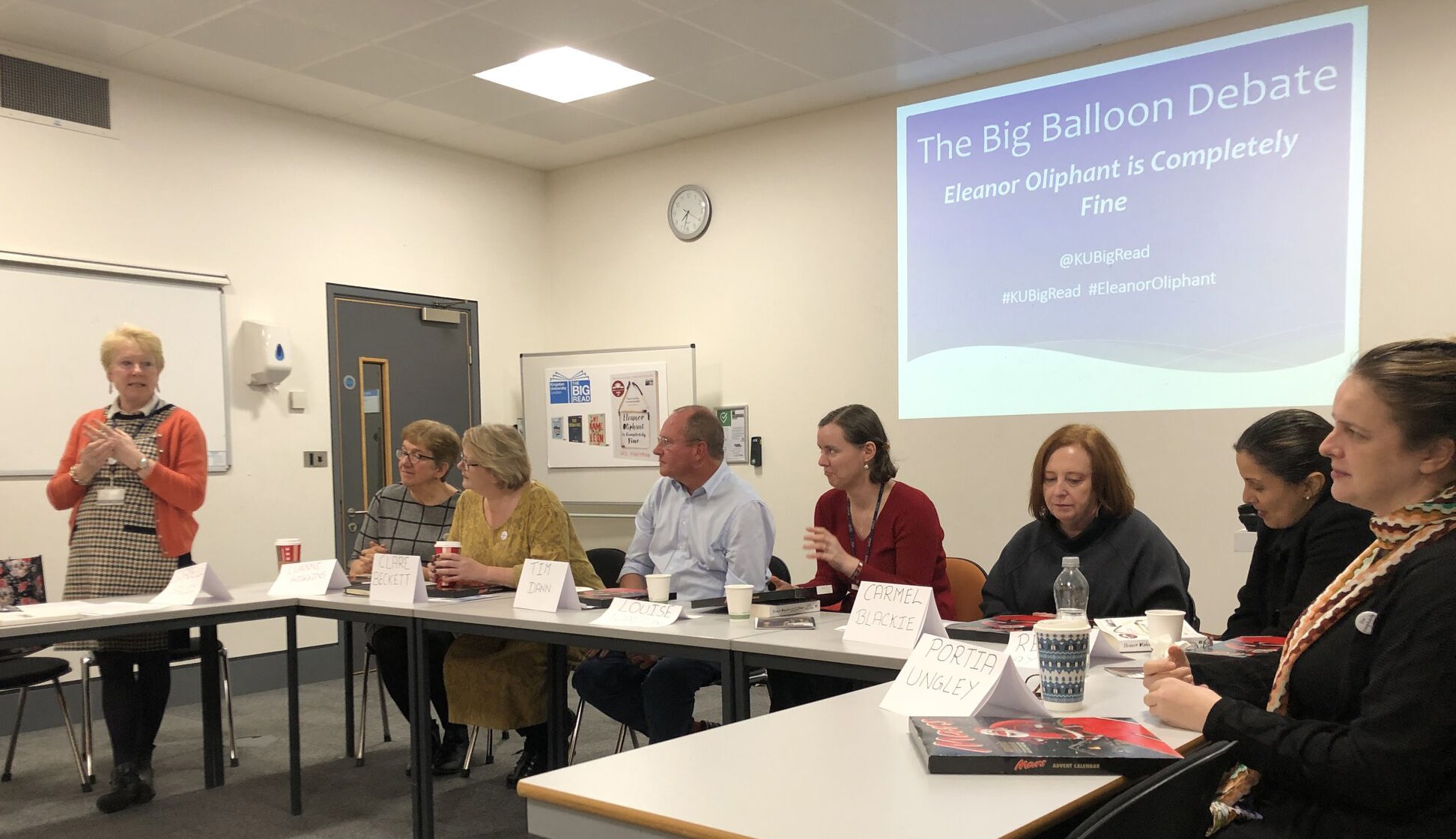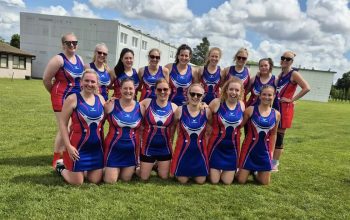The discussion of a powerful novel took place on the 21st November last year on isolation which was the catalyst for Kingston University staff to share their heart-breaking experiences of loneliness.
Debut novel Eleanor Oliphant is Completely Fine had been selected for the University’s shared reading programme, so a panel of eight staff came together to host a public debate to explore how it related to their roles interacting with students and colleagues who feel emotionally detached.
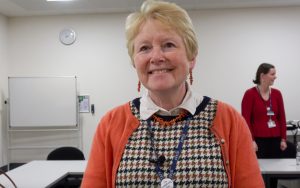
The event host and associate professor of publishing Alison Baverstock told the audience: “It’s so interesting to see how people with a different disciplinary background and a different role in the university respond to the same material.”
Baverstock set up the KU Big Read in 2015 having been inspired by a similar project in the USA. The aim is to choose an inspirational book which can be sent to all new students and staff before the start of the new academic year to enable a shared point of discussion and community which she said “does correlate with a reduction in our dropout rate”.
Over the course of the evening where discussion ranged from the masks people wear in public, to being able to recognise others who need to experience human kindness, many of the staff related personal stories.
Director of student recruitment Clare Beckett told how she had spent her early life singing opera but then in a single moment had her burgeoning career ripped away from her: “I had a defining moment when I lost my voice. I was away in Malaysia when I was singing karaoke late at night with some fellow international student of recruitment people and I literally broke my vocal cords.” Stoically she advised her captive audience: “Never sing when you’ve had a glass of wine.”
With her opera dream over she had to get a day job. She became a university consultant which involved working around the country and it kept her far away from her home in London. She said: “Every time I’d go I’d have to meet a whole new bunch of people, a whole new bunch of students really quickly and I experienced loneliness and that’s what resonated with this book. After I read this book I chose to get in touch with my friends and say ‘I’ve been lonely.’
“It made me start thinking about the students when they come to university, particularly those who change country or location in the UK. I could see how it could help them.”
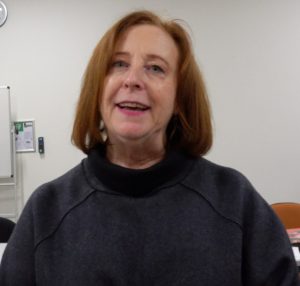
Associate professor for primary healthcare and community nursing Carmel Blackie talked about why people can feel isolated: “You have 300 [Facebook] friends, but no one to have a cup of coffee with or put an arm around you when you’re feeling lonely.” She related the harrowing story of a student who tried to take his own life.
Blackie explained why she books can be essential to care workers providing support for patients: “There are so many people, and from so many different cultures, that you can never experience their real lived life, except vicariously through literature. I think bringing liberal arts into healthcare foundation education is fundamental for the development of empathy.”
Information advisor Luanne Higgins’ told how her husband suffers from dementia so visits the local senior citizens’ support centre. She was pleasantly surprised to see so many of the younger staff and 80 and 90-year-old patients reading the book.
Higgins also spoke about her own experiences of, sometimes, feeling like an outsider: “How many of us have been in a situation at work or publicly where you want to be part of a group, where you want to be, but you don’t feel like you fit in quite well?” The Big Debate audience nodded with her sympathetically: “And here’s this book and maybe it doesn’t make you feel quite as isolated.”
Fittingly, there was a student who was able to relate her first-hand experience of how Big Read project had impacted her. ‘Jane’, 20, said: “I saw the package and thought ‘A gift? Oh this is amazing’. I thought that it brings the community in so I know that, hopefully, everybody else is reading this book. And when I arrive on my first day and if I’ve got nothing to say or I’m really nervous I say ‘what did you think about the book?’ And you bring up a good conversation just by that.” On hearing this Big Read project founder Baverstock’s face beamed with joy.
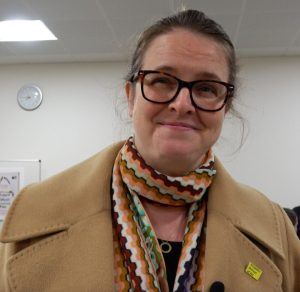
Post-debate, the director of learning & teaching, Portia Ungley reflected on how it went: “The Big Balloon debate is such a great opportunity to show how successful the KU Big Read is. It allows lots of different departments to come together on an equal basis and really discuss something they are passionate about. I was overwhelmed by some of the insights that were offered. These were interested and engaged commentaries from members of the KU family.”
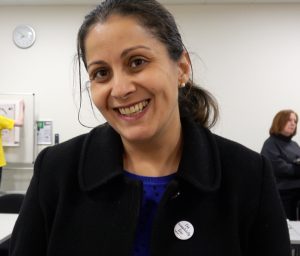
The head of the department of pharmacy Reem Kayyali said: “Today I’ve met people that I’ve never spoken to before, and what brought us all together? A book!”
From the universal praise the book clearly meant a lot to the panel who volunteered their time to speak and to the members of the public who made the trip to hear them speak.
Kingston-based children’s author Cath Howe attended and expressed her gratitude in a tweet: “Thank you- it was fascinating and generous of your panel members to share their own lives.”
Eleanor Oliphant is Completely Fine has managed to ride the zeitgeist of people being more comfortable in talking publicly about their insecurities. It has become a literary and sales hit. The film rights have been bought by Hollywood A-list actress Reese Witherspoon.
Whilst author Gayle Honeyman wasn’t in attendance to hear the discussion by some of the people her book had reached she previously had the opportunity to speak to students. Baverstock had driven her to multiple Q&A sessions at universities participating in the Big Read. She said: “I was so impressed with how polite she was because each time she thanked them for their very interesting questions, and she must have answered them a hundred times!”
Over the course of the evening’s Big Debate there was powerful and emotional conversation amongst the speakers who spoke so candidly because a book moved them. Eleanor Oliphant is Completely Fine shows people that when they are at their most vulnerable they can reach out for help.

